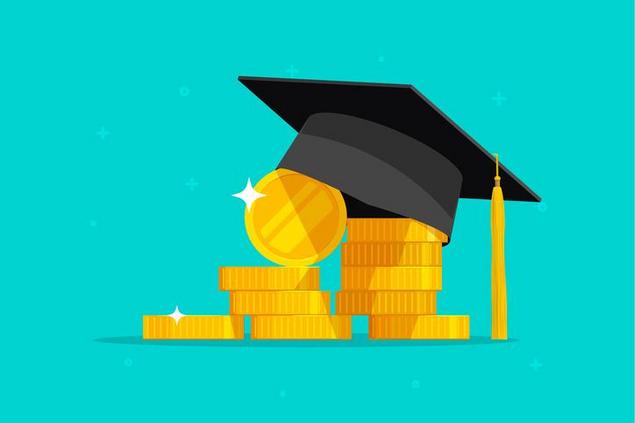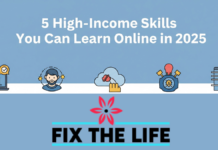If you’re a student looking for affordable loans, you should be familiar with student loan rates. But what exactly is a student loan rate? How can you compare them? This guide covers everything from interest rates and repayment options to student loan refinance so that you can make an informed decision about your student loans.
Interest rate
The interest rate on your student loan is a critical factor in determining how much you will pay to repay your loans, and it’s something that most people don’t think about when deciding which lender to choose.
The interest rate on a student loan is based on what the federal government feels the market will allow and represents the cost of borrowing money from the federal government.
How much you borrow, where you go to school, what major you study — these factors can all affect how high or low your interest rate turns out to be.
Keep in mind that unlike other types of loans where lenders compete for customers by offering better rates with more favorable terms, federal student loans all have standardized terms, so there isn’t much variation among them regarding interest rates.
Loan term
The length of your loan term is significant because it affects how much money you will pay in interest over the life of your loan. The longer the term, the more interest you’ll have to pay.
A shorter term can mean that you can get out from under student debt faster, but it also means more frequent payments and higher monthly payments. So it’s essential to consider both of these variables when deciding on a term length.
The other issue to consider when choosing between different repayment plans is whether or not any fees are associated with each one.
For example, some plans may charge a flat rate monthly, while others may charge additional percentage points off their interest rates for making early or late payments.
ALSO READ: HOW TO CLAIM UNEMPLOYMENT BENEFITS
Repayment options
Interest is charged on the full amount of your loan, so it’s possible to pay off the entire balance in one go. You can make extra payments or use your tax refund or bonus check.
The earlier you pay off a student loan, the more money you’ll save on interest costs.
Interest is charged at a fixed rate that doesn’t change over time, which makes budgeting easy because you know exactly how much will be deducted from each paycheck every month until it is paid off in full (or at least until your grace period runs out).
Fees and penalties
Fees and penalties are two different things. First, if a student loan is in default, you can expect to pay a fee as high as $25 per loan (and possibly more).
For example, a penalty might cost anywhere from 1% to 10% of the balance outstanding on your student loans.
Experts from Lantern by SoFi comment, “Private student loans do not have the same repayment options that the federal loan program offers, such as Income-Driven Repayment plans.”
Fees are charged for late payments, but penalties are incurred when you don’t repay your loan fully by the time it’s due.
A simple way to think about this is that while fees charge you when something bad happens, penalties charge you if something good doesn’t happen.
ALSO READ: PERSONAL LOANS WITH ZERO CREDIT CHECK: BUYER BEWARE




